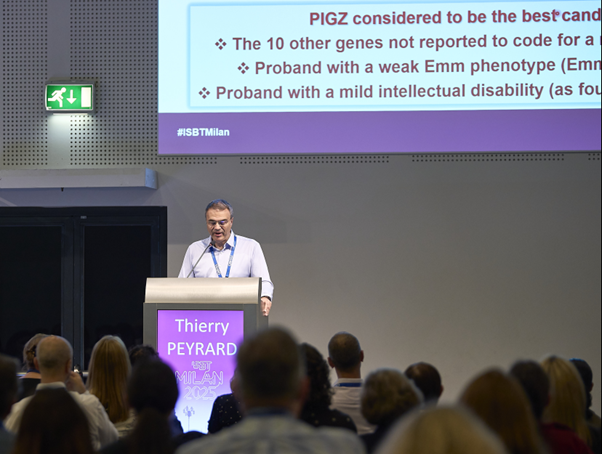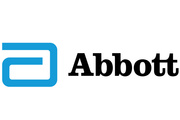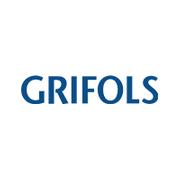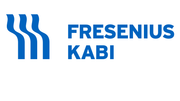ISBT Announcement about the new PIGZ blood group system
A new blood group system and the rarest phenotype ever discovered!
This discovery marks the 48th human blood group system, currently containing a single high- frequency antigen: GWADA. The only individual with the extremely rare blood type ‘’GWADA-negative’’ is a woman from Guadeloupe, a French island in the Carribean.
The story began in 2011. As part of a surgical procedure, this patient underwent a biological check-up at an hospital in Paris, including pre-transfusion testing. It was on this occasion that an astonishing discovery was made: in her plasma, an antibody was found to be reactive with all the red blood cells of the blood donors tested. In other words, the patient was virtually incompatible with everyone! At the time, despite the best efforts of the French national immunohaematology reference laboratory teams, it was not possible to characterize the antibody specificity. This story could have ended there. But several years later, it was decided to take another look at this intriguing cold case.
By using a whole exome sequencing strategy in this patient, consisting in fully sequencing the 22,000 human genes in a single assay, French researchers Thierry Peyrard, Slim Azouzi (French Blood Establishment – EFS; National Institute of Health and Medical Research/Paris Cité University & University of Antilles) and colleagues found a rare mutation in the PIGZ gene, in homozygous state. This mutation leads to the inability to attach a sugar, called mannose, to a specific structure on the red blood cell membrane. The researchers could demonstrate that this structure is immunogenic and thus involved in the existence of a new red cell antigen, that they proposed to call GWADA, after the common abbreviation of the proper name Guadeloupe, the proband’s native territory.
The new blood group system, that includes this new antigen GWADA, was officially acknowledged and named PIGZ by the Working Party on Red Cell Immunogenetics and Blood Group Terminology at ISBT Milan 2025.

















